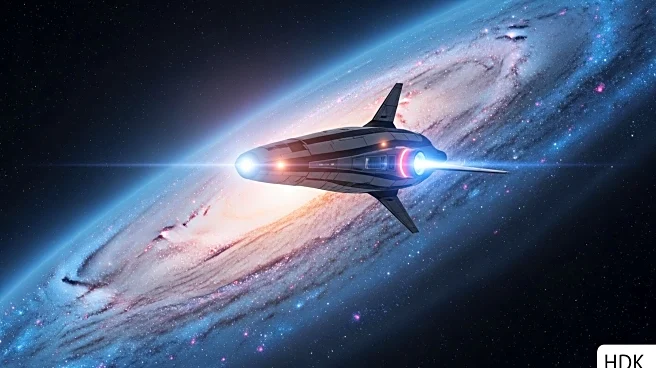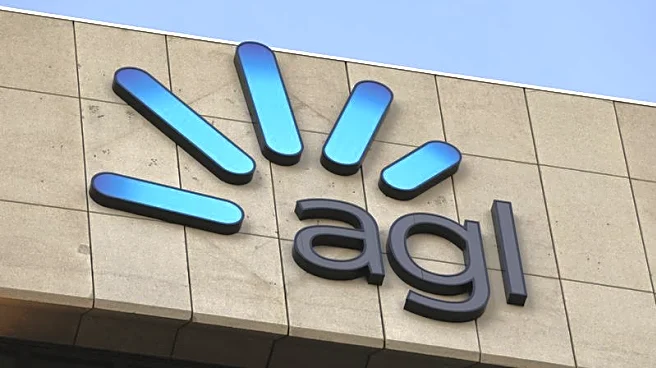What is the story about?
What's Happening?
Japan's Venus Climate Orbiter Akatsuki, launched on May 21, 2010, has officially ended its mission as of September 18, 2025. The spacecraft, which began its active mission in 2015 after overcoming an initial orbital insertion failure, has been observing Venus for a decade. Akatsuki was equipped with six instruments, including cameras for visible, ultraviolet, and infrared spectra, and an oscillator for radio occultation experiments. Despite successfully completing its primary mission goals by April 2018, Akatsuki continued to function beyond its expected lifespan, providing valuable scientific data. However, contact was lost in April 2024 due to attitude control issues, leading to the mission's conclusion. This marks the end of the last active mission to Venus, with no immediate successor in place.
Why It's Important?
The conclusion of the Akatsuki mission leaves a significant gap in the observation of Venus, a planet often referred to as Earth's near-twin. The data collected by Akatsuki has been crucial for understanding Venus's atmosphere and climate, contributing to broader planetary science and comparative planetology. The absence of an active mission to Venus could slow down scientific progress in these areas. The next potential mission, Venus Life Finder, is not scheduled until 2026, with an orbiter mission possibly launching in 2028. This hiatus could impact the continuity of data collection and analysis, affecting researchers and institutions focused on planetary science.
What's Next?
With Akatsuki's mission concluded, the focus shifts to future missions like the Venus Life Finder, which aims to explore Venus's atmosphere. Scheduled for a 2026 launch, this mission could provide new insights into the planet's potential for life. However, the gap until its launch means Venus will remain without an artificial satellite for several years. This period of inactivity may prompt discussions within the scientific community and space agencies about accelerating future missions to Venus to maintain momentum in planetary exploration.
















